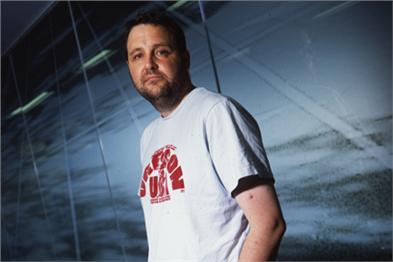I'm not a fan of business travel - I'd rather be in a caravan in Wales. But, I have to say, once I got to my meeting and started hanging out with planners from across the Middle East, I had an incredibly fascinating couple of days.
The first thing that struck me, of course, was that they'd been working through a series of revolutions with a kind of calm enthusiasm. These are not circumstances that most of us are used to dealing with. A single day of slow running on the Tube and London adland grinds to a halt. I wonder how we'd cope with weeks of general strikes and conflicts with the security forces. Would that status meeting seem so important?
But what hit me most forcibly was how different their circumstances were to ours - not just the practical things that spring out of different cultural practices, but the nature of their economies and societies. It especially made me realise how the tools we have developed (in the West) to manage and analyse brands are so tuned to the economic circumstances in which we find ourselves.
Everything's about dealing with marginal growth in moribund economies, our habits tuned to stealing tiny sharepoints in saturated markets, creeping gradually forward, taking no great risks.
I don't think it necessarily feels like that when we're doing it; it's just our tools and systems steer us down slow, conventional paths. And they might not be appropriate to circumstances that could produce an enormous burst of growth or may kick off a revolution.
And the most significant aspect of that is the energy of youth. I'd known abstractly how overwhelmingly young Middle Eastern societies are, but it hadn't really sunk in until I got there. You hear the statistics in different ways but it boils down to one thing - these are societies where youth is, or will be, important.
And that's so different to Europe and North America, where youth culture is preserved under glass by brands and media organisations so that they can feed on the remaining stocks of innovation and vitality before it's overwhelmed by middle-aged complacency.
Youth culture in the West feels like the product of a style tribe; there, it felt like it might be a product of the young. Again, maybe our tools for the forensic analysis and instant exploitation of the latest youth moment might by ill-tuned for these places.
I know these aren't new revelations to many of you, just trite and obvious, but it was a joy for me to see different possibilities for planning and I just wanted to share. Back to wanging on about robots next week.
- russell@russelldavies.com


